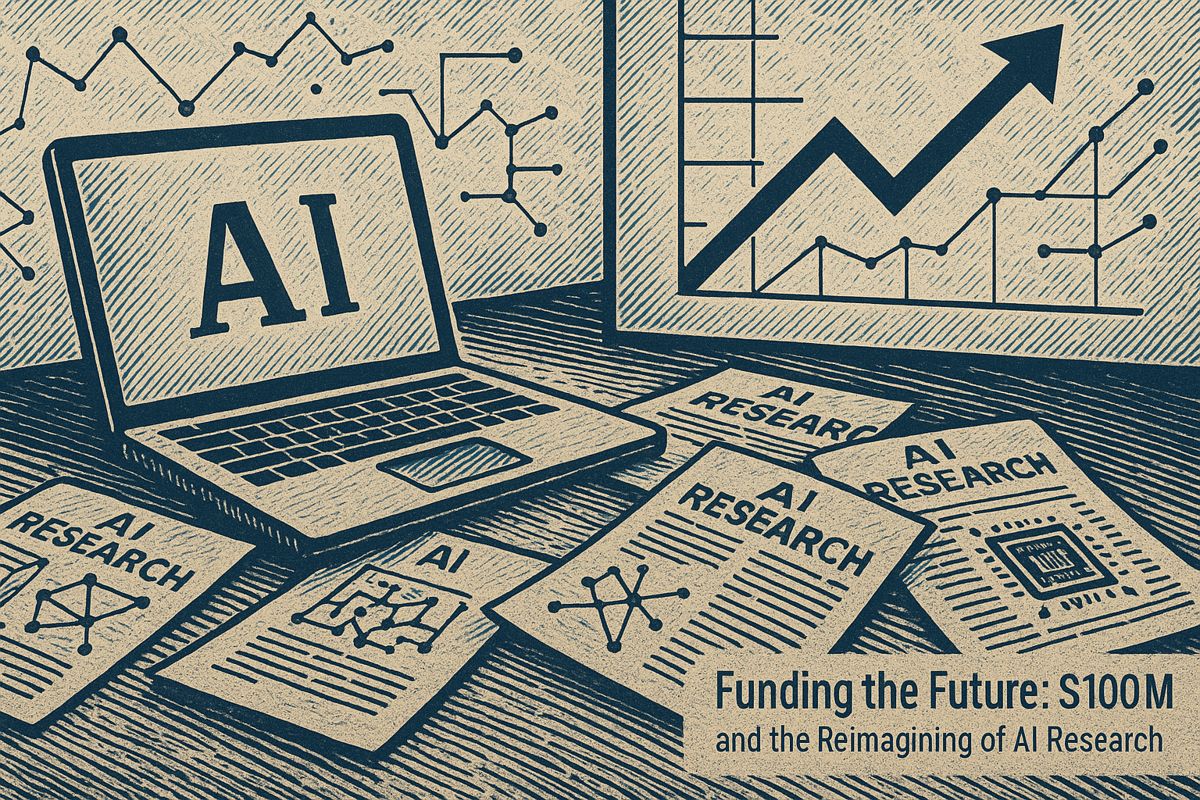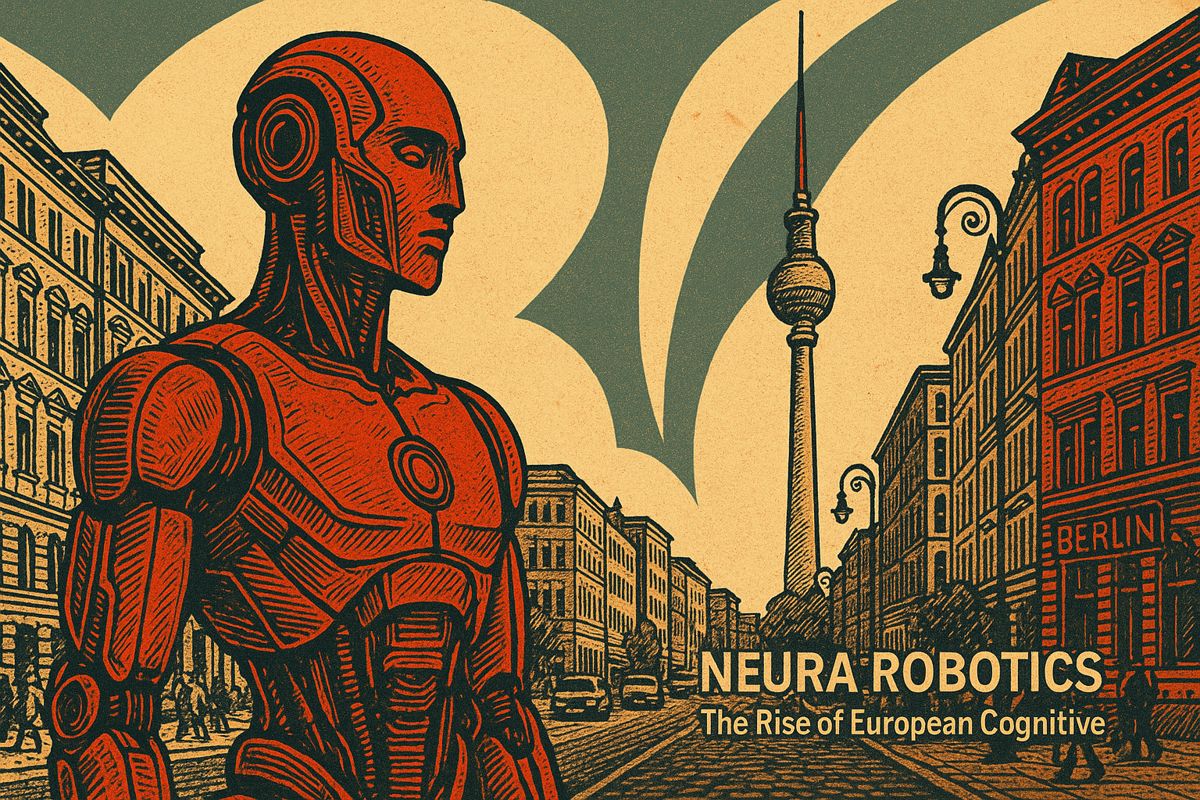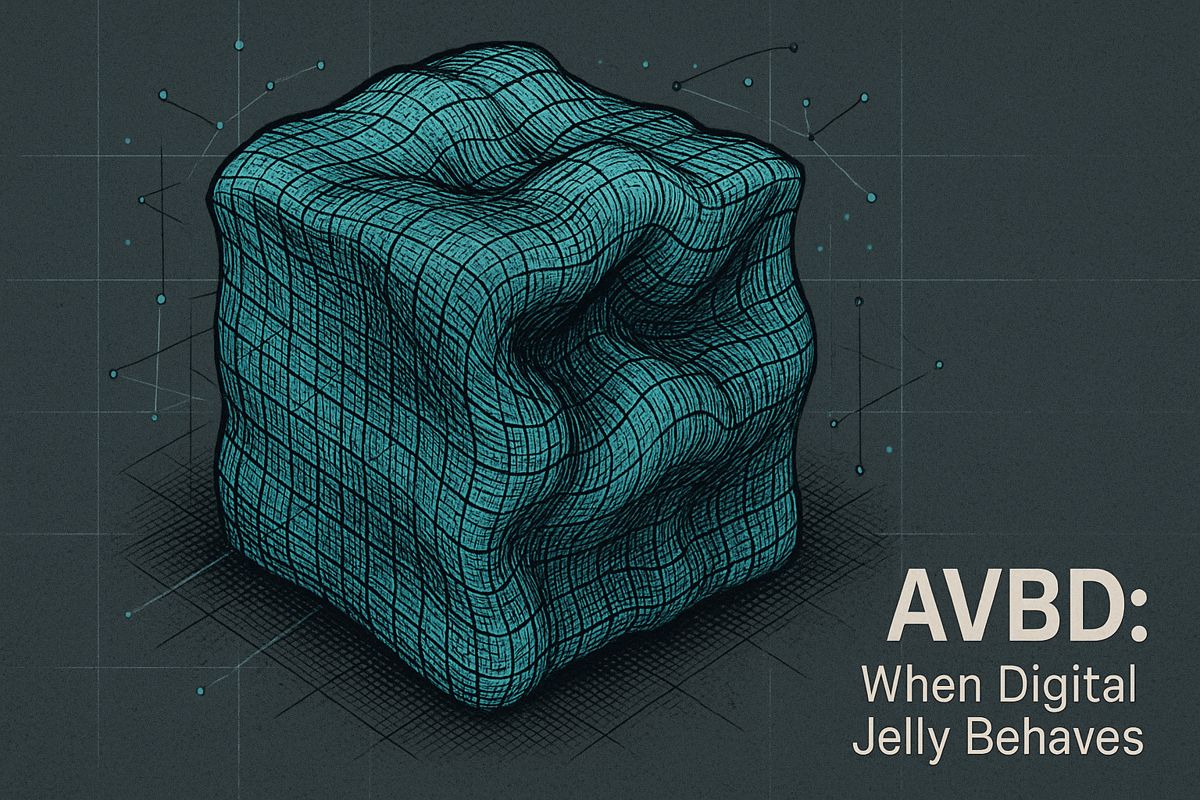Here’s the text with the most important phrase emphasized in markdown bold:
In a bold move, Databricks co-founder Andy Konwinski launches the Laude Institute with a $100 million investment to support independent AI research. The initiative aims to accelerate foundational AI development, focusing on societal good, safety, and transparency through direct academic grants with minimal bureaucracy. Backed by a board of tech luminaries, the institute plans to fund innovative and risky research projects that traditional corporate funding often overlooks. By prioritizing academic freedom and cutting through red tape, the Laude Institute seeks to restore genuine, unbiased exploration in AI technology. This unprecedented investment represents a potential game-changer for AI research, offering hope for more open and socially responsible technological advancement.
What Is the Laude Institute and Why Does Its $100M Investment Matter?
The Laude Institute, founded by Databricks co-founder Andy Konwinski, is a pioneering $100 million research initiative aimed at accelerating independent AI research. It focuses on foundational AI development, prioritizing societal good, safety, and transparency through direct academic grants with minimal bureaucracy.
A Jolt of Surprise in a Sea of Headlines
Sometimes, a headline slaps you awake when you least expect it. Last week, marooned between a viral meerkat video and yet another climate apocalypse forecast, I caught this: Andy Konwinski, co-founder of Databricks, is launching a $100 million AI research institute. That’s a sum with enough trailing zeroes to make even Warren Buffett pause mid-sip. My gut reaction? It wasn’t just another billionaire’s vanity project. I remembered, rather vividly, the Kafkaesque ritual of grant applications back in grad school—months of pitching grand visions, only to watch funding flow toward ideas with buzzwords like “cloud-native” or “acquisition-ready” glued on. There was a sharp twinge of envy, I’ll admit it, mixed with a pinch of hope.
So, let’s rewind. Picture this: it’s 2016. I’m hunched over a battered keyboard in a half-lit lab at Carnegie Mellon, the smell of burnt coffee thick in the air. The research felt urgent—systems that could one day underpin autonomous vehicles—but unless we found a way to tie it to Amazon Web Services, the money simply vanished. The pressure was as thick as pea soup. In the end, we bent our project like a willow branch to fit the latest funding fad. It left me with a lingering aftertaste—something between regret and resignation. Now, seeing Konwinski throw a $100 million lifeline to academic mavericks, I can’t help but feel a flicker of vindication.
The Numbers and the Names: Who’s Actually Steering This Ship?
So, what’s really on the table? Cold, crispy facts: the Laude Institute for AI Research kicks off with a $100 million war chest, all from Konwinski’s own pocket. That’s right—no Venture Capital fingerprints, no alphabet soup of “strategic partners.” The Laude Institute isn’t another glass fortress in Palo Alto. Instead, it’s designed to function as a grant-maker, not a research monolith. There’s a board packed with titans: Andy Konwinski, of course; David Patterson (the Turing Award-winning architect from UC Berkeley); Jeff Dean (the cerebral force at Google); and Joelle Pineau (Meta’s AI research lead). If you’re wondering whether this is just a networking club, let’s put that notion to bed.
Their first grant? $3 million a year, for five years, heading straight to UC Berkeley’s newborn AI Systems Lab, helmed by Ion Stoica. The symmetry is almost Shakespearean: Databricks itself emerged from Berkeley’s AMPLab—now the cycle repeats, but with the financial volume cranked up. There’s something almost metallic in the way this return to roots clangs against the usual commercial drumbeat.
And the mission? To accelerate foundational AI research, make the field less of a corporate plaything, and steer the technology toward societal good—with a spotlight on safety and transparency. Now, I’ve heard “AI safety” tossed around more times than I care to count, but rarely with this kind of fiscal muscle behind it. The Laude Institute is promising to “speak the language of researchers without an accent”—minimal red tape, maximum relevance. If only every grant committee could take that hint.
Why This Feels Different – And What’s at Stake
But let’s not let the numbers alone do the talking. Why is this any different from standard-issue tech philanthropy? Well, the mood among academics is palpable—relief, mostly, but with a cautious undertow. For years, powerhouses like OpenAI and Epoch have nudged research in directions that smell faintly of product strategy. Konwinski’s move cuts against that grain, restoring the raw, unvarnished independence that places like MIT Technology Review have long argued is missing from AI research.
I can’t help but smirk at Professor Patterson’s now-viral quip: “He could have bought a superyacht.” Instead, here we are—watching him pour the equivalent of a small island’s GDP into open-ended discovery. It’s a bit like trading in a Ferrari for a battered pickup and a cross-country road trip. The air feels different—charged, like ozone before a storm.
And the real twist? Both “moonshots” (those wild, high-risk ideas that could fail spectacularly) and “slingshots” (the scrappy, early-stage hunches) are on the funding menu. I once scoffed at such duality, thinking it was just another way to hedge bets, but now I see its odd genius. The field needs both—the gravity-defying leaps and the first cautious steps.
Reflections, Regrets, and the Future Mosaic
All this news left me a little dizzy, truth be told. Maybe it was the coffee, or maybe the flashback to those nights spent wrangling LaTeX just to earn a chance at funding. Still, there’s an itch of uncertainty. Will this $100 million seed a garden of innovation, or will the weeds of bureaucracy creep in eventually? I’ve been burned before by bold promises, only to watch the reality fizzle out—remember the National AI Initiative Act? I do. It still stings. But even the possibility of real, independent research sets my curiosity humming.
The sensory memory of that old lab lingers—fluorescent hum, cold air from an overworked HVAC, the faint tang of solder. I feel a flicker of pride, too, watching the next generation get a shot at research without corporate strings. If we’re lucky, maybe this is the shot in the arm that AI research, and the people behind it, desperately need



















